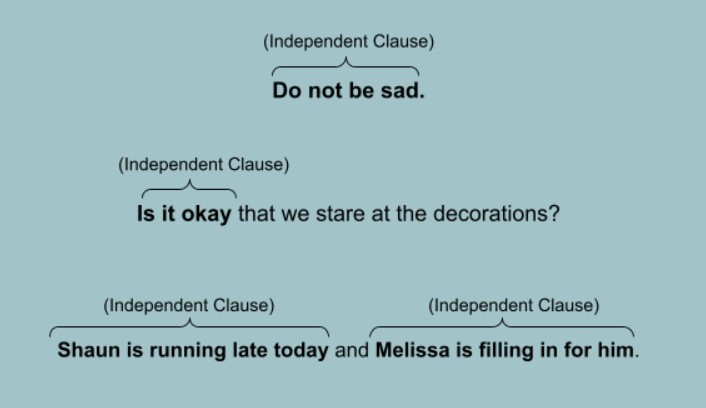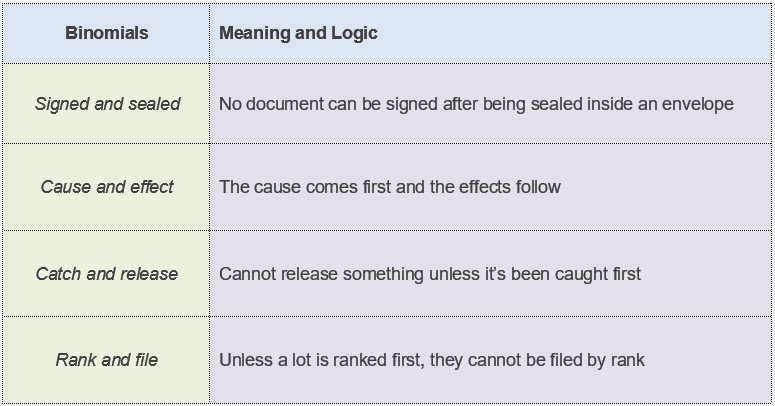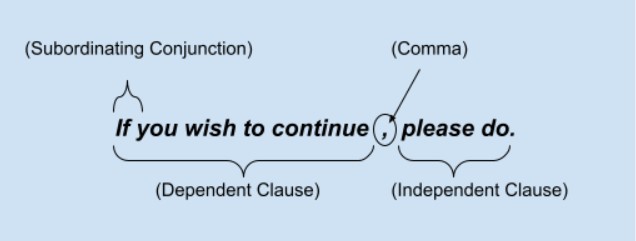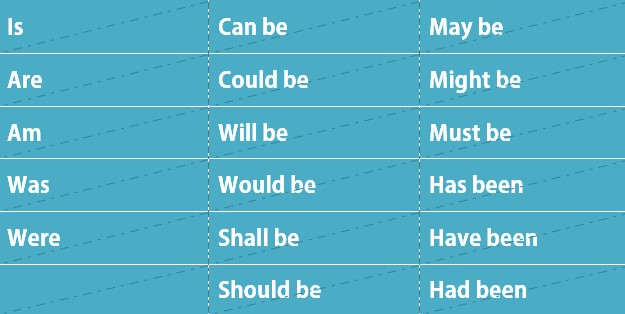Future Tense: Definition, Structure & Examples
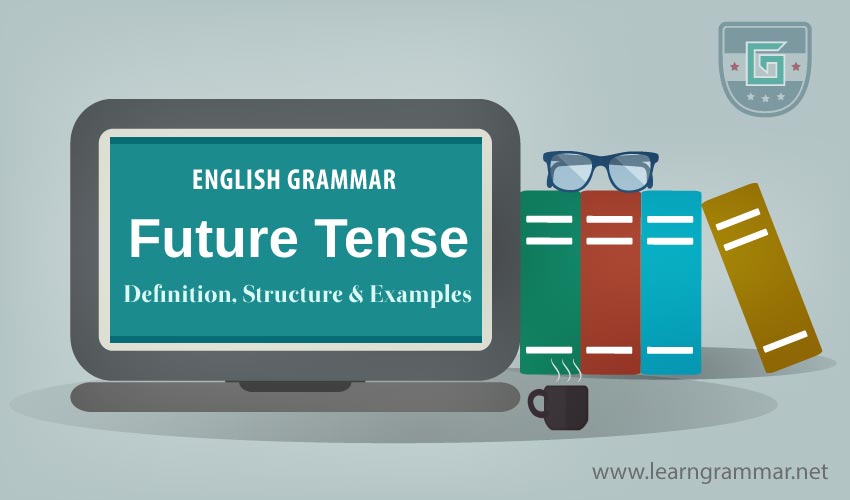
What is Future Tense?
Any action that is scheduled to happen in the future comes under the agenda of the future tense. Like any other tense, Future Tense too can be detected by the verb form and the auxiliaries used.
| Markers of Future Tense | |||
| Tomorrow | Years to come | Coming week | Ensuing year |
| Next | Next day | Coming month | Following day |
| Following | Next month | Coming year | Following week |
| Days to come | Next week | Ensuing week | Following month |
| Months to come | Next year | Ensuing month | Following year |
Future tense also has four forms. However, one of the forms has no practical use.
- Simple Future (Future Indefinite) Tense
- Future Continuous Tense
- Future Perfect Tense
- Future Perfect Continuous Tense
Simple Future (Future Indefinite) Tense
The simple future tense is used when an action is promised/thought to occur in the future. The simple foreseen outcomes are stated in the future indefinite tense. "Shall/will'" marks the future indefinite tense.
Structure:
|
Subject + shall/will + verb + . . . . . . . . |
Example:
- We shall move to another city.
- He will come to New York tomorrow.
- They will make a phone which has artificial intelligence.
- It will rain in the coming hours.
- There will be a hard few days ahead of us.
Note: In some cases, the present progressive tense can be used when an action is promised/arranged/planned to take place in the future.
Example:
- We are moving to Texas next week.
- We are leaving at 6.00 PM.
- They're going to do as you say.
- Dan is meeting me at 9 AM.
- I am hoping to see you soon.
More: Examples of Simple Future Tense
Future Continuous Tense
The future continuous tense is used when an action is promised/thought to be going on at a specific time/context in the future.
Structure:
|
Subject + shall/will + be + verb+ing . . . . . . . . |
Example:
- I shall be sleeping at around 6.00 AM tomorrow.
- They will be playing at this time tomorrow.
- She will be watching TV when I come home.
- I will be working in the office while you watch a movie.
More: Examples of Future Continuous Tense
Future Continuous Tense often adds an extra layer of politeness to normal speech. "Will you be starting to decorate the room today?" is politer and considerate in a manner than the simple "Are you starting to decorate the room today?" which sounds more like a command that is late to be followed.
Future Indefinite Tense vs Future Continuous Tense
The sentences in Future Indefinite Tense and Future Continuous Tense pose a very similar kind of attitude and some may seem identical in manner. The major difference here is the tone that sets the tenses apart. Let's compare the tone and attitude between them to get a clear idea about how they differ.
| Future Indefinite Tense | Future Continuous Tense |
| Ben will take the trash out. (Just decided) | Ben will be taking the trash out. (Previously decided upon) |
| Will you join us for dinner? (Invitation) | Will you be joining us for dinner? (Reconfirming possible previous arrangements) |
| She will help decorate the house. (Willing) | She will be helping to decorate the house. (A previous arrangement) |
Future Continuous Tense often hints at possible pre-arrangements where the Simple Future Tense indicates definite decisions, invitations, and willingness.
Future Perfect Tense
The future perfect tense is used to demonstrate an action which is promised to be done by a certain time in the future. There is a certain definitive commitment in the Future Perfect Tense that most future tenses tend to lack. This is because a certain point in type is mentioned. "Shall/will have" before the Past Participle verb form is the definitive marker of all perfect tenses.
Structure:
|
Subject + shall/will + have + verb in the past participle . . . . . . . . |
Example:
- I shall have completed the assignment by Monday.
- She will have cleaned the house before her father comes.
- Alex will have submitted the tender by tomorrow.
- Before I go to see her, she will have left the place.
- They will have finished making the bridge by January.
More: Examples of Future Perfect Tense
Future Perfect Continuous Tense
Future Perfect Continuous or Progressive Tense expresses the action that will be continuing in the future for a set amount of time that the speaker is sure of. The common backstory here would be the speaker posits themselves in the future and foretells something that is bound to continue happening for a certain period of time in the foreseeable future. "Will have been" is the marker of Future Perfect Continuous Tense while the "for/since + time frame" at the end is the exclusive marker for all perfect continuous tenses.
Structure:
Subject + will + have + been + verb + ing . . . . . . … + for/since + time frame
Examples:
- He will have been running on the treadmill for one hour tomorrow.
- We will have been basking in the afternoon sun for the whole winter.
- I will have been touring the Australian terrains since next year.
- Will you have been staring at the moon for one whole hour?
Note: There is close to no practical use of this Future Perfect Continuous tense in the English language unless the period mentioned covers sometime in the past, the present and the future.
Future perfect continuous tense is normally used to stress the fact that something has been going on for a long time and it will continue till a particular point in time in the future. It requires pointing out the exact time in the future it will carry on until and for how long it will have been going on in total.
Examples:
- Next month, we will have been living in this house for 10 years.
- This Friday, I will have been working in the neighborhood for over 30 years.
- Next Thursday, he will have been roaming the streets homeless for two long years.
- This year, Helen will have been looking for a perfect care facility for herself for three years.
- Tomorrow, Jill's father will have been going door to door as a salesman for several months.
Grammar
Read More
- How to Use "Therefore" in Sentences Avoiding Common Mistakes
- How to Use "Whereas" with Examples and Avoid Common Mistakes
- When and How to Use "Thus" Correctly Without Common Mistakes
- How to Use "On the Contrary" Properly with Meaning and Examples
- When and How to Use "Either/Or" with Examples and Common Mistakes to Avoid
- How to Use "On the Other Hand" Effectively without Mistakes
- How to Use "Respectively" with Example and Common Errors to Avoid
- How and When to Use "Moreover" Without Mistakes
- How to Use "Likewise" in Sentences Based on Context & When not to Use
- When & How to Use "Although" in Sentences to Avoid Mistake

